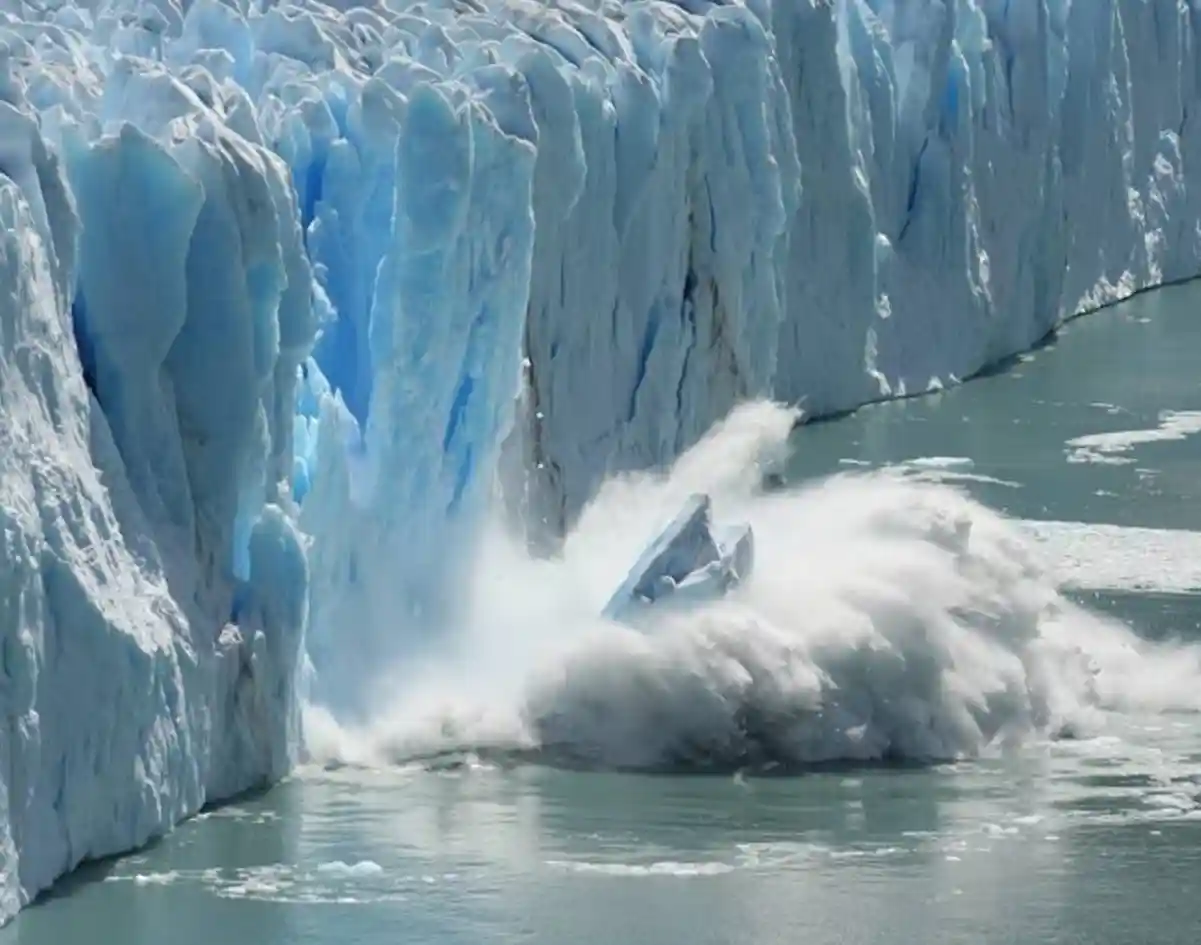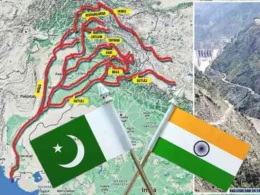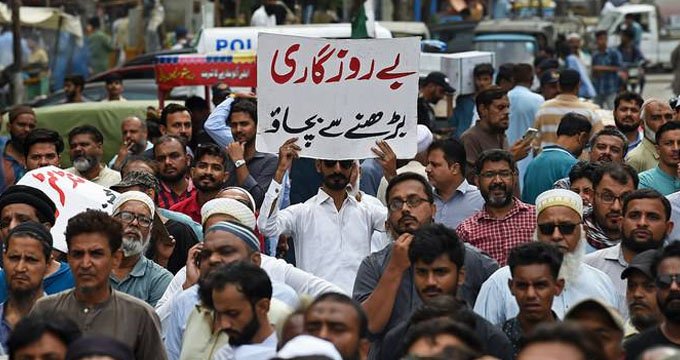Pakistan’s climate minister Dr Musadik Malik urged global action at COP30 to prevent climate-induced glacial melt in the Himalayas-Karakoram-Hindu Kush region and warned of rapid ice loss due to climate change. Ice loss has been increasing at an unprecedented rate.
Speaking via video at a COP30 sideline event on cryosphere adaptation, Malik warned of how melting glaciers threaten millions across South Asia, calling for urgent protection of this region’s vital water sources.
Pakistan hosts nearly 13,000 glaciers that feed into its Indus River system, providing essential ecological, economic and agricultural support.
As climate change rapidly impacts both agricultural production, ecology and economic foundations – especially vulnerable communities – rapid changes can pose grave threats.
A 2023 report by ICIMOD discovered Himalayan glaciers are receding faster than ever, endangering nearly two billion people who depend on these frozen reservoirs for year-round water supplies.
Malik warned that rising temperatures are fuelling dangerous glacial lake outburst floods, with sudden releases from melting glaciers having already caused immense losses and damage across northern Pakistan.
He informed participants from regional and international organizations that the HKH cryosphere acts as the “white rooftops of the world”, emphasizing its decline will alter water systems across multiple nations.
Representatives from Turkey, Azerbaijan, Nepal and Bhutan as well as UNESCO, UNDP and Asian Development Bank were present at this session organized by Pakistan’s Climate Ministry in partnership with ICIMOD.
Malik described the situation as an issue of justice and rights, highlighting that 10 countries produce 70% of global emissions yet receive 85% of available green finance globally.
He urged nations with historical emissions responsibility to contribute their fair share in adaptation and resilience efforts, particularly those designed to assist mountain communities vulnerable to climate threats with diminishing glacial reserves.
Officials highlighted how the HKH region provides vital water security to over 240 million mountain residents and over 1.6 billion in downstream river basins.
Research by ICIMOD indicates that, should current emissions levels continue, glaciers in the region could lose up to 80% of their volume by the end of this century, creating serious humanitarian and ecological threats.
Malik also highlighted Pakistan’s recently updated Nationally Determined Contributions, noting its leadership despite limited resources and its commitment to long-term climate resilience and environmental protection.
As climate-induced glacial melt continues to accelerate, Pakistan continues urging global partners to prioritize the cryosphere agenda and support countries which are most exposed to its fast-acting impacts.













